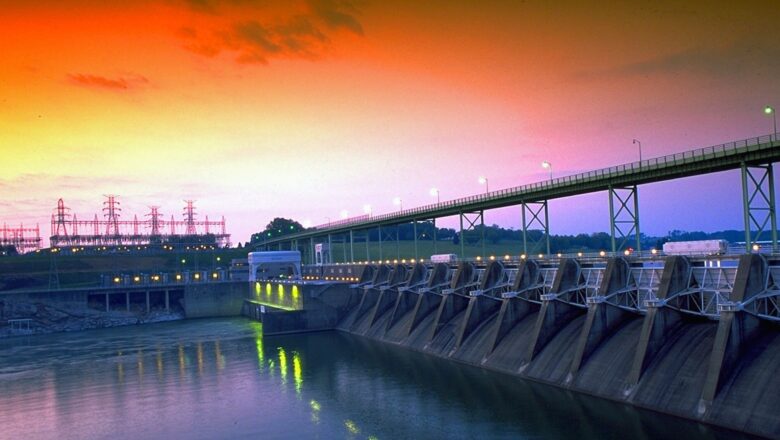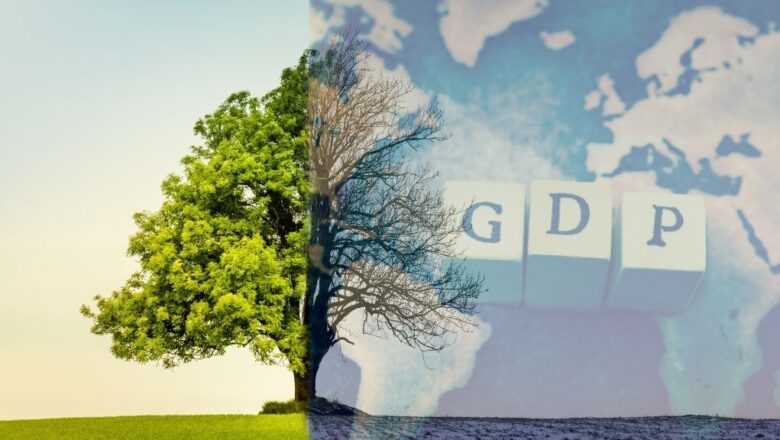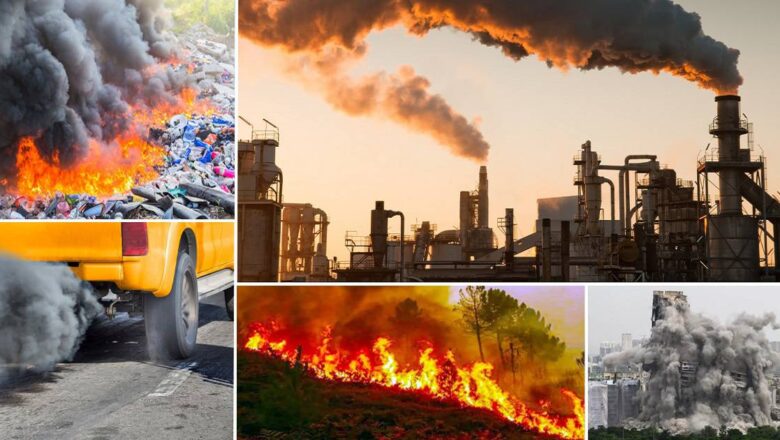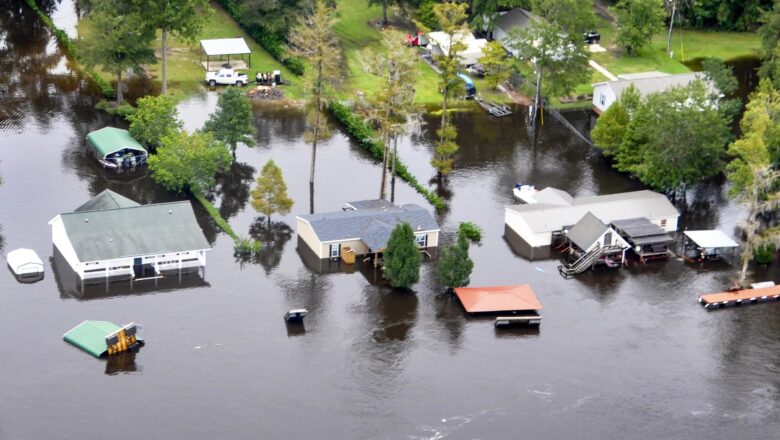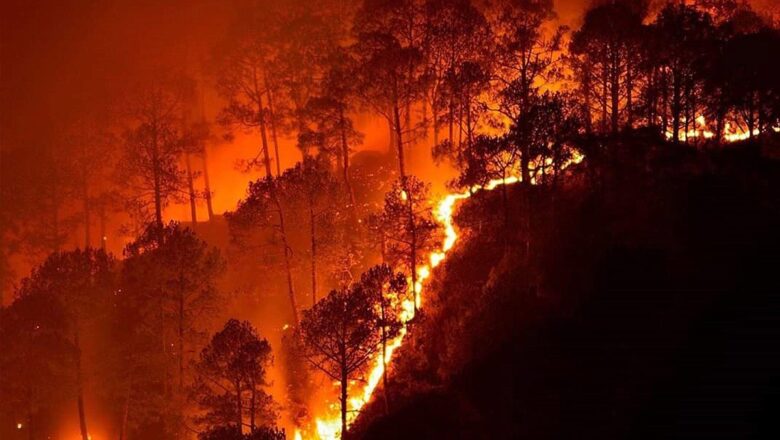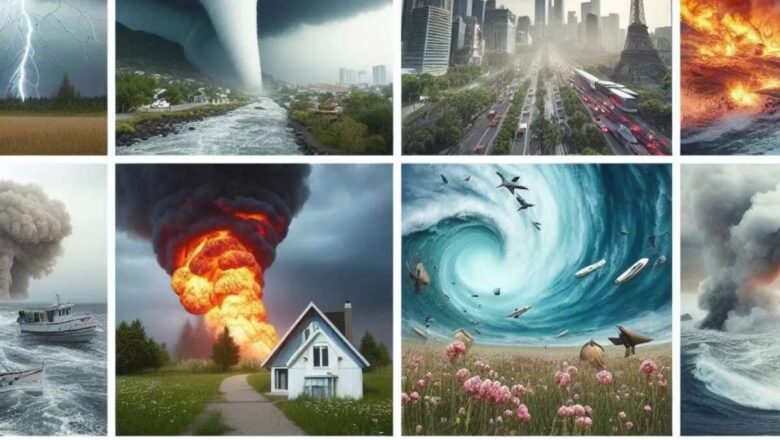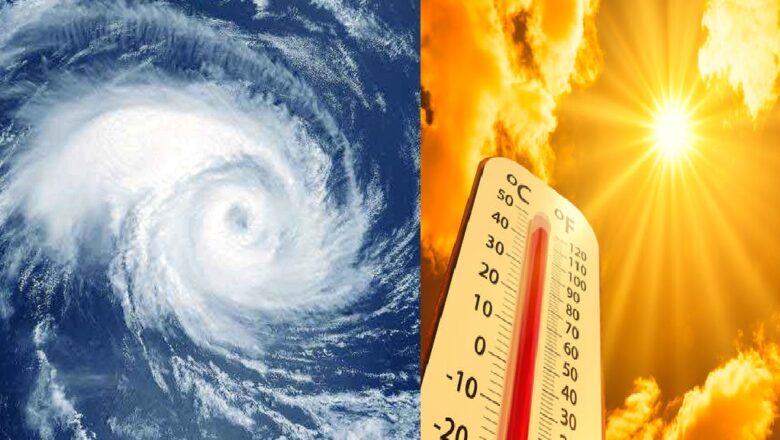
Life on the Climate Frontline Seoul Poorest Suffer the Most Pollute the Least
In one of Seoul most impoverished corners residents of jjokbang-chon cramped windowless rooms often without basic amenities live quietly in the shadows of a rapidly developing city. These marginalized communities contribute the least to climate change, yet they endure its harshest effects. A new study from the University of Kansas exposes this stark climate injustice and calls for a shift in how the world addresses both poverty and the climate crisis.
Dr. Joonmo Kang, assistant professor of social welfare at KU, spent a year living inside this so-called “last remaining slum” in the heart of South Korea’s capital. His goal was to understand how climate-related disasters shape the lives of the poorest residents. What he found was not just poverty but systemic neglect, environmental vulner...

